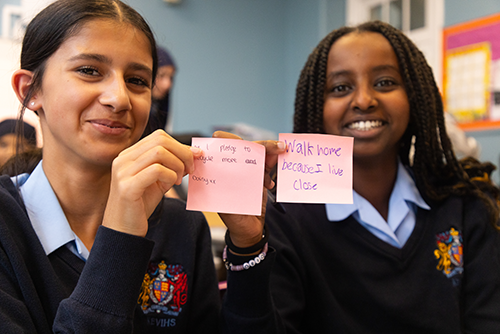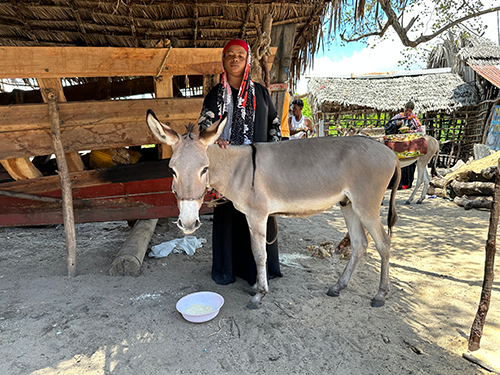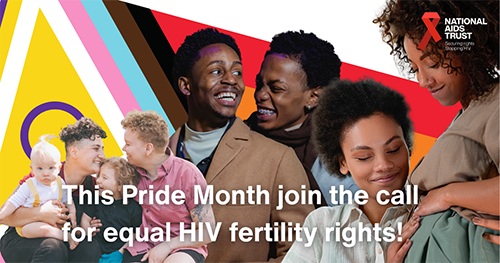Campaigning and Advocacy 2025 winners: Ashden Climate Solutions
Why it won
- Value for money: The campaign began with just £20,000.
- Scalability: It has now engaged over 5,300 schools, nurseries and colleges.
- Effectiveness: Some schools have already cut their carbon emissions by 10%.
Ashden Climate Solutions launched its Let’s Go Zero campaign to encourage nurseries, schools and colleges across the country to lower their carbon emissions. It focused on the UK’s education sector because it is one of the largest institutional energy consumers in the UK, emitting 10.3 million tonnes of CO2 annually. Schools also spend approximately £1.8bn on energy costs each year, so the charity saw a potential opportunity to cut this expenditure.
 Its campaign launched with just £20,000 but has grown to a £3.5m-per-year initiative with funding from various partners including Green Futures Investments.
Its campaign launched with just £20,000 but has grown to a £3.5m-per-year initiative with funding from various partners including Green Futures Investments.
The campaign asks schools to publicly pledge to become zero carbon by 2030, a deliberately ambitious goal to encourage policymakers to bring forward current climate targets set for 2050. It also supports schools with infrastructure transformations such as retrofits, renewable energy adoption and sustainable travel solutions.
The first 100 schools signed up quickly, sparking excitement in the sector. When sign-ups reached 400, the Department for Education (DfE) took notice. As participation increased, so did the campaign’s capacity to engage funders and expand school support.
Now, over 5,300 schools are signed up to the campaign, involving two million students and 300,000 staff, and it is the largest school-led climate action initiative in the UK.
The initiative has projected £261m in annual energy savings for participating schools and more than 200 of the most engaged schools have already achieved 10% CO₂ reductions across an academic year.
Let’s Go Zero has also helped schools secure £168,000 in funding from external sources.
The campaign has played a crucial role in shaping the DfE’s Sustainability and Climate Change Strategy, which uses real-time data on school engagement to drive change.
The future of Let’s Go Zero is centred on scaling its impact further through collaboration with school leaders, sustainability organisations and policymakers.
Chair of the Charity Awards judging panel, Chris Sherwood, said Ashden’s entry was a powerful story of what can be achieved on the climate crisis irrespective of government policies, as well as a shining example of how it is possible to work at scale with relatively small sum of money.
Judge Jehangir Malik highlighted the campaign’s success in creating 172 climate action plans for schools. “This demonstrates not only its strong outcomes but also its overall effectiveness in driving climate action. As the campaign moves forward, it crucial that the next generation is empowered to take up this mantle – because, truly, there is no planet B.”
CC Reg. no. 1104153
Highly Commended
The Donkey Sanctuary
The Donkey Sanctuary’s campaign against the global donkey skin trade peaked in 2024, with a crucial vote taking place at the African Union Summit in February. The charity produced research which estimated that 5.9 million donkeys were slaughtered for their skins each year to feed the surging market for collagen to produce a traditional Chinese medicine. The Donkey Sanctuary had also contributed to a report recommending a ban on the slaughter of donkeys for their skins at the summit, and in February, the 55 African heads of state voted unanimously to ban the trade. The charity also partnered with international airline, Emirates, to implement a ban on the carriage of donkey skins across all its flights.
National AIDS Trust
Until last year, it was illegal for same-sex couples living with HIV to become parents using fertility treatment of any kind. The National AIDS Trust successfully campaigned to change the law on this issue, arguing that it was discriminatory. In 2021, the charity raised the issue with the then health secretary, who asked the Advisory Committee on the Safety of Blood, Tissues and Organs to review the scientific evidence. The charity then organised a petition and briefed 25 MPs for a parliamentary debate on fertility treatment provision for LGBT+ people. After a delay caused by the general election and change of government, the law was changed in October 2024 after the necessary debates in the Commons and Lords.



